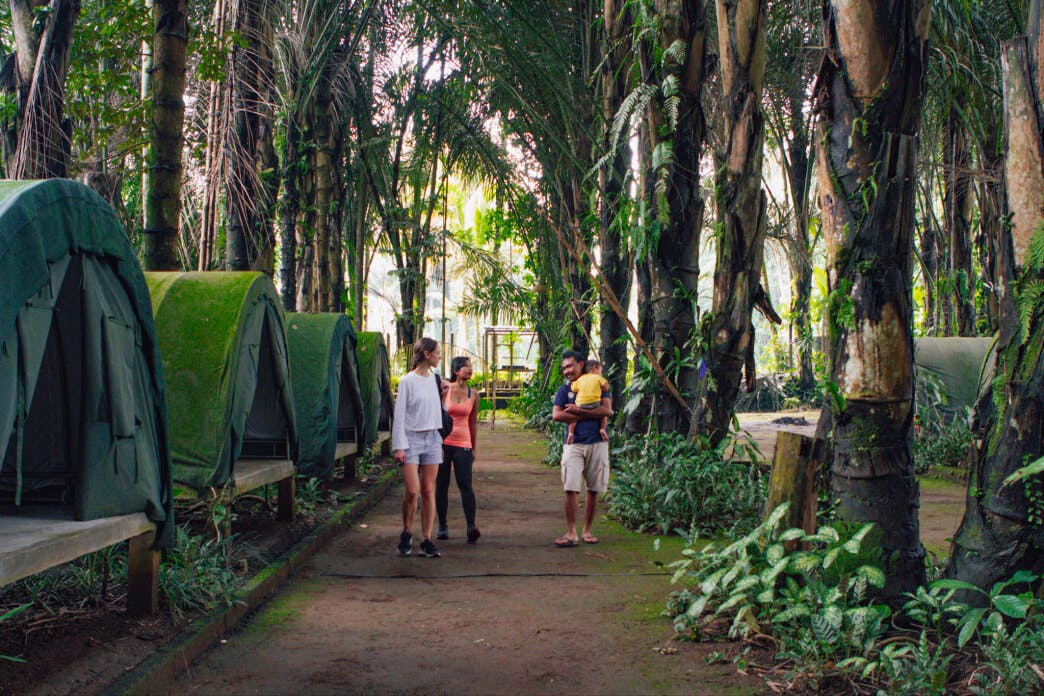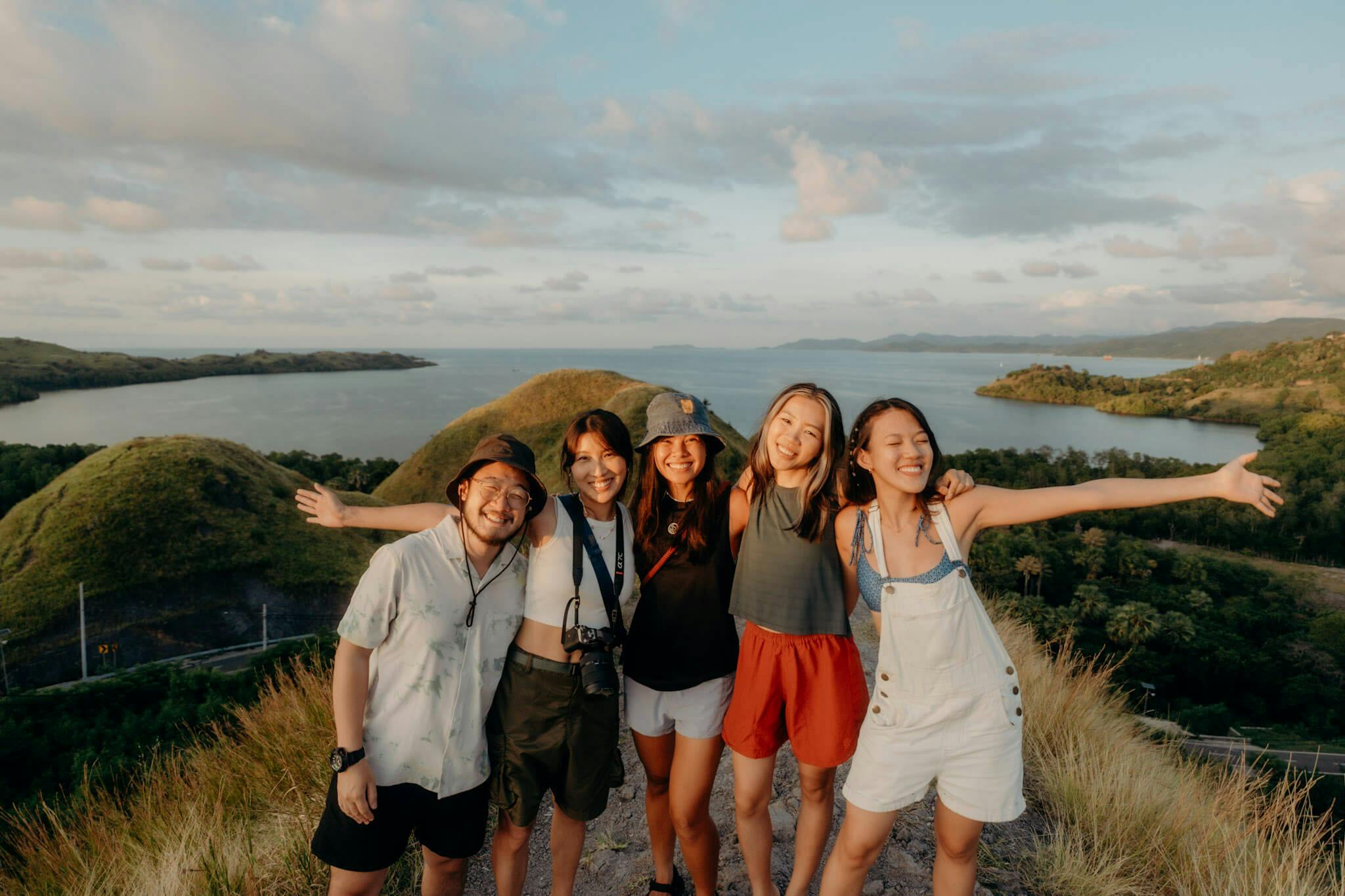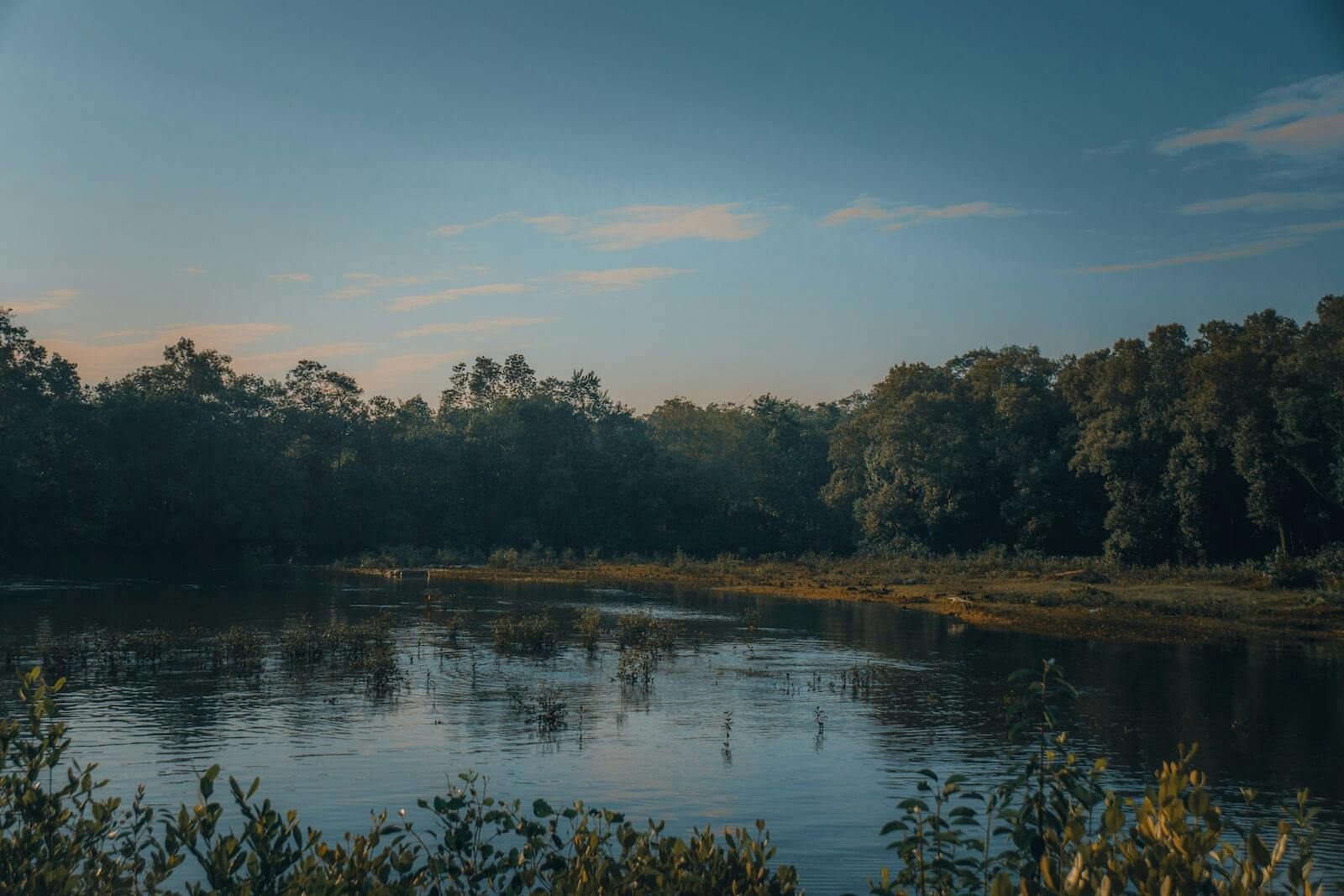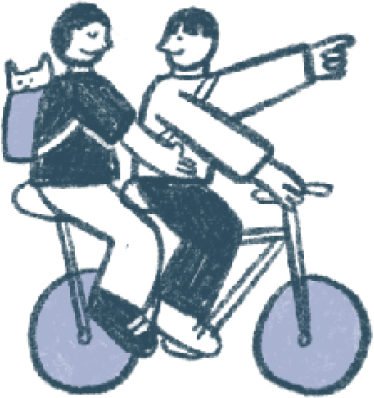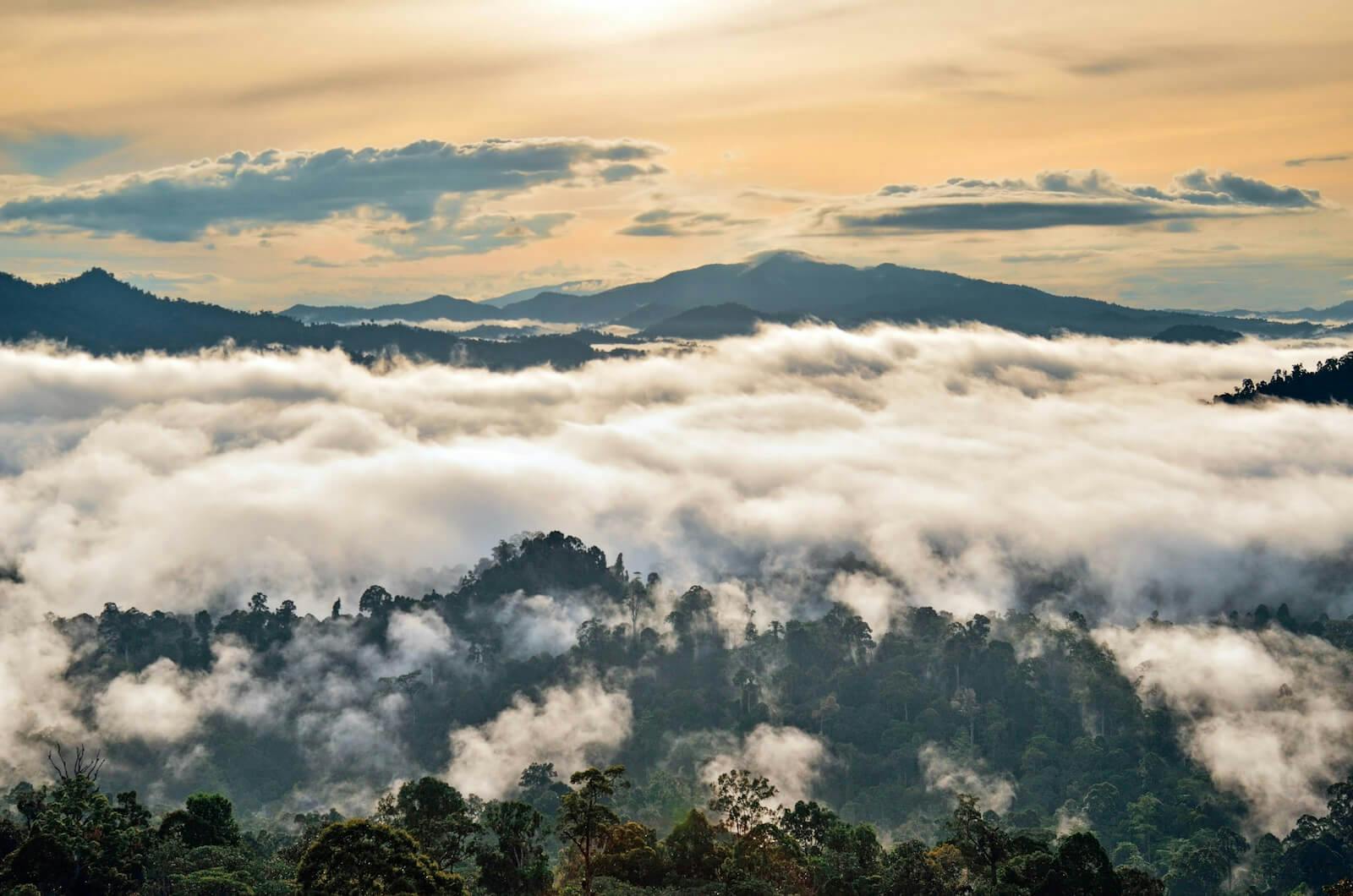
Our Net-Zero Pledge
Our Net-Zero Pledge
We commit to offset the carbon emissions from each experience booked on Seek Sophie, so that your experience is carbon neutral.
How Carbon offsets work
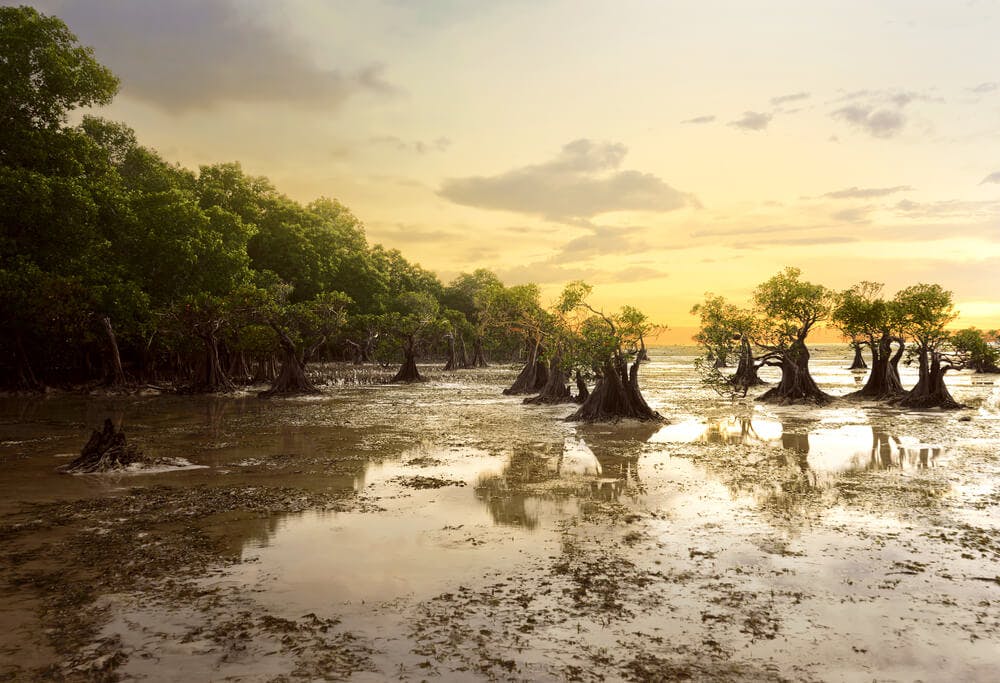
Any human action, including what we eat each day and where we travel, inevitably releases carbon dioxide and other greenhouse gases - it’s just a question of how much.
Carbon offsetting means donating to projects that are good for the environment. These projects involve protecting ecosystems or growing forests that will help remove or store carbon from the air.
The hope of carbon offsets is that by taking positive action to protect the environment in some areas, we are able to counterbalance the emissions we inevitably cause through other activities. It’s ultimately about maintaining a difficult but crucial balance between living and preserving.
Are Carbon Offsets Greenwashing?
We believe that carbon offsets are not the full solution, but they must be part of the solution, together with other initiatives.
There are places in the world that would be converted into alternative use if we don’t have monetary incentives in place to protect them, and that’s how we think about carbon offsets. Carbon offsets are simply a way to protect and conserve environmentally vital places in the world that wouldn’t otherwise be protected.
Is it a perfect solution? No. But it is an incremental step in the right direction.
The Challenge of Carbon Offsets

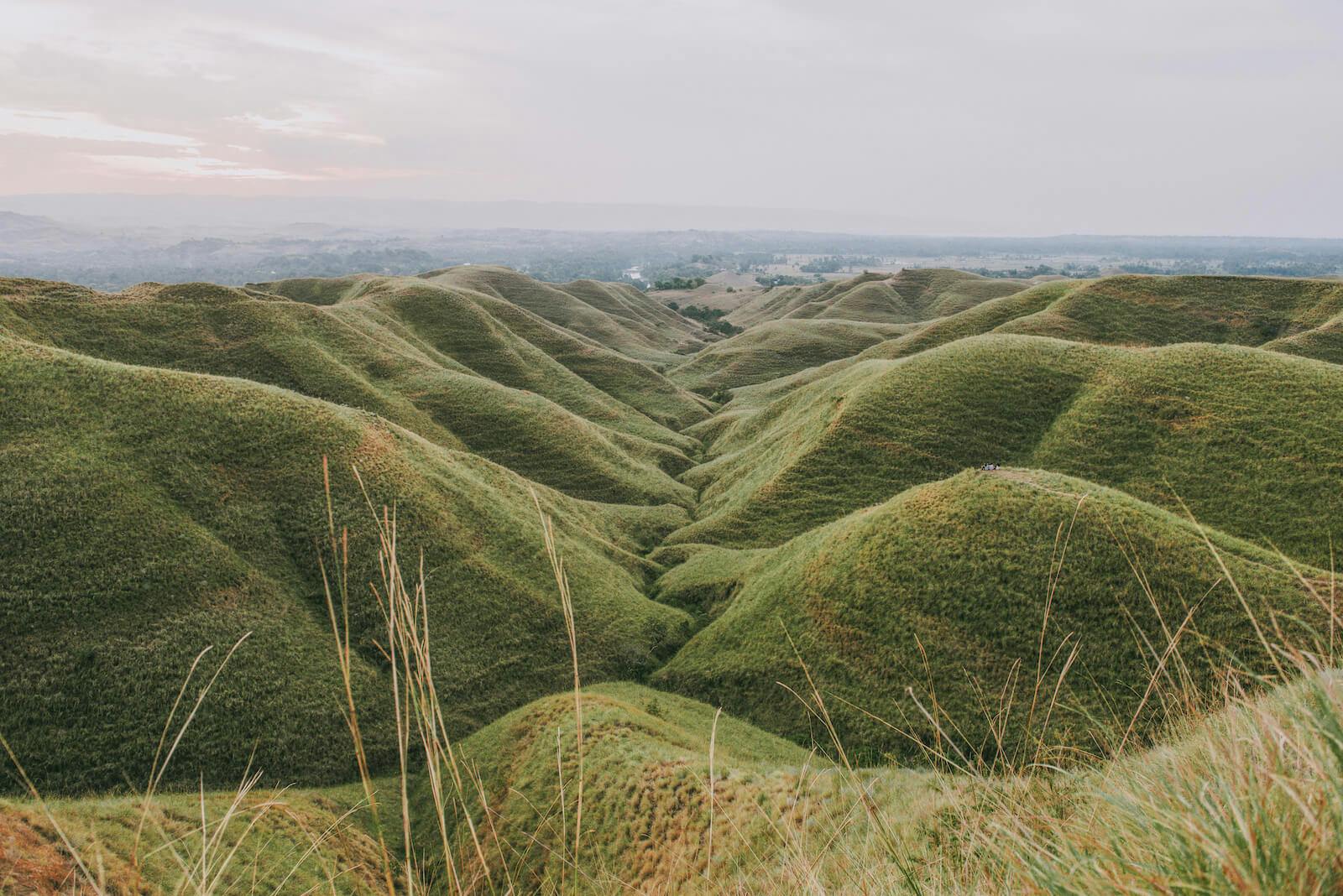
One of the criticisms of carbon offsets is that it is near impossible to precisely calculate our emissions. Because it’s difficult to calculate emissions, we can’t calculate the amount of offsets required to counterbalance the emissions.
That's why, when we do our calculations, we’d rather overestimate than underestimate the emissions caused, so that we can hopefully offset more than is required to provide the counterbalance.
The difficulty of calculating emissions
When estimating the carbon emissions of any human activity, experts often disagree on what to include in the calculations. Even if they do agree on what should be included in the calculations, there is imperfect information on energy sources, so it is difficult to arrive at a final precise calculation.
By way of illustrating this difficulty, when there is food involved in an experience, what would you include in the calculation of the emissions resulting from the food?
Do you include the emissions involved in producing the food alone - in which case you’ll need to know what kind of feed the farms use and what their energy sources are. Or do you also include the emissions involved in agricultural land use - in which case you’ll need to know whether forested land had been cleared for agriculture purposes to produce the food. Or do you also include the emissions involved in transporting the food - in which case you’ll need to know where exactly the food came from, and what kind of fuels were used in their method of transportation.
In short, it’s complicated.
How we calculate our emissions
Because it is near-impossible to calculate precisely the emissions caused by each experience, we calculate emissions based on carefully selected averages. We calculate the emissions for an experience based on the average emissions produced on a daily basis in the world’s highest emitting nations.
This means we are more likely to be overestimating the carbon impact of our experiences than falling short.
Third party verification of offsets
We procure our carbon offsets from a reputable nonprofit carbon agency (see below). The carbon projects selected have all been certified by one of the major international carbon credit standards, such as The Gold Standard, Verra or the Climate Action Reserve.
Our Current Projects
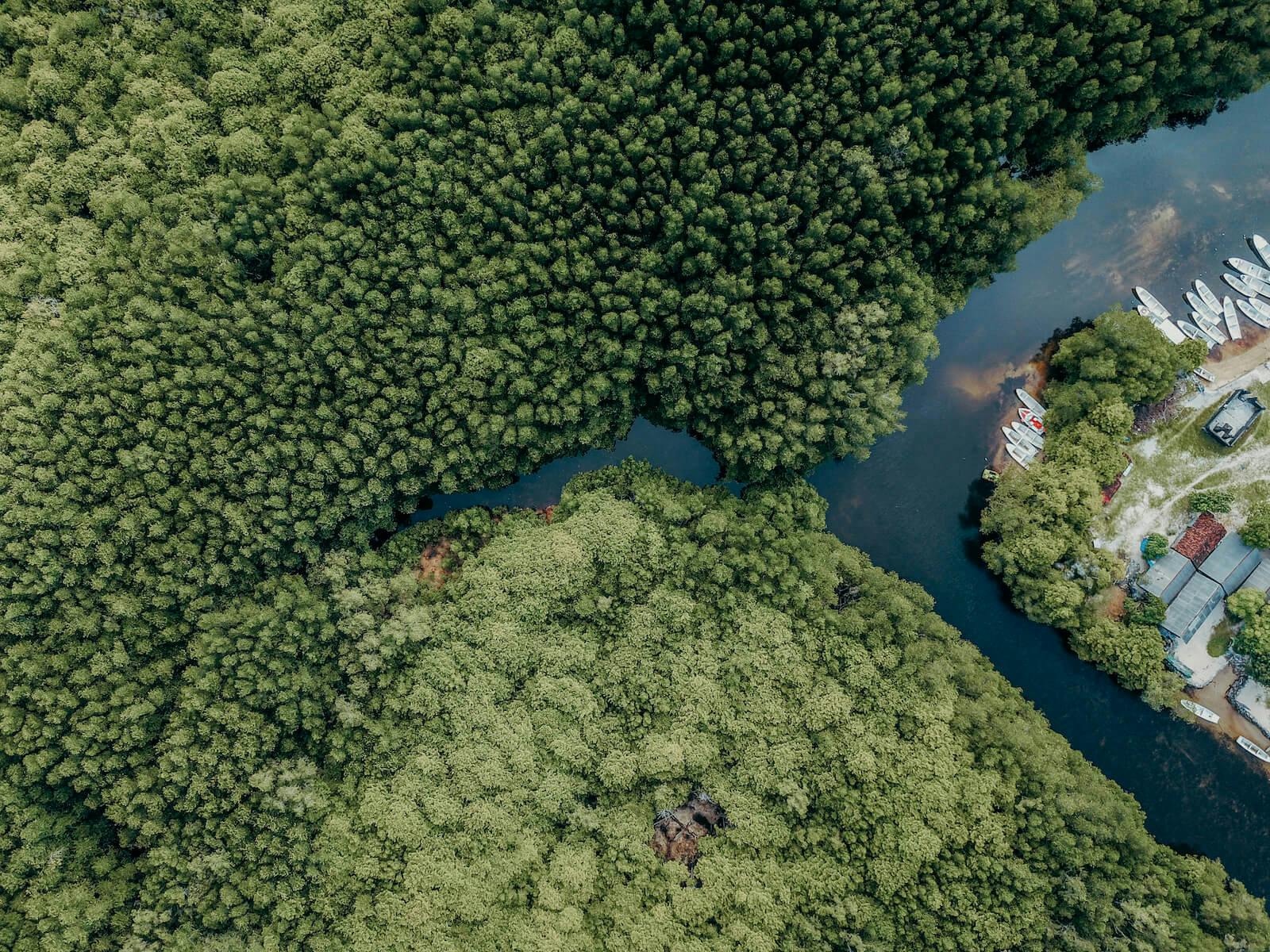
To offset carbon emissions, we donate to Cool Effect, a reputable nonprofit which helps travellers fund carbon-mitigation projects across the globe, like protecting carbon-sequestering ecosystems.
We donate to Cool Effect as all their projects go through rigorous verification. They make sure that projects aimed at reducing carbon pollution are genuine and effective. They do this by thoroughly checking and confirming the scientific and financial aspects of each project. Their goal is to ensure that these projects meet the strictest requirements set by the world's major carbon standards, including those established by the United Nations.
One of the projects being supported is Project Katingan, a project in Indonesia that is protecting the peatlands.
Peatlands are vital for our ecosystem because they’re basically a vacuum cleaner for carbon dioxide - they absorb carbon dioxide from the air and store it in the earth. If peatlands are destroyed, this means massive amounts of carbon dioxide will then be released back in the air.
Through our donations, we are preserving the peatlands from being converted into alternate land uses, and thereby continuing to clean carbon dioxide from the air. Peatlands are also home to wildlife like endangered Orangutans, so by protecting them we are also protecting Orangutans!
